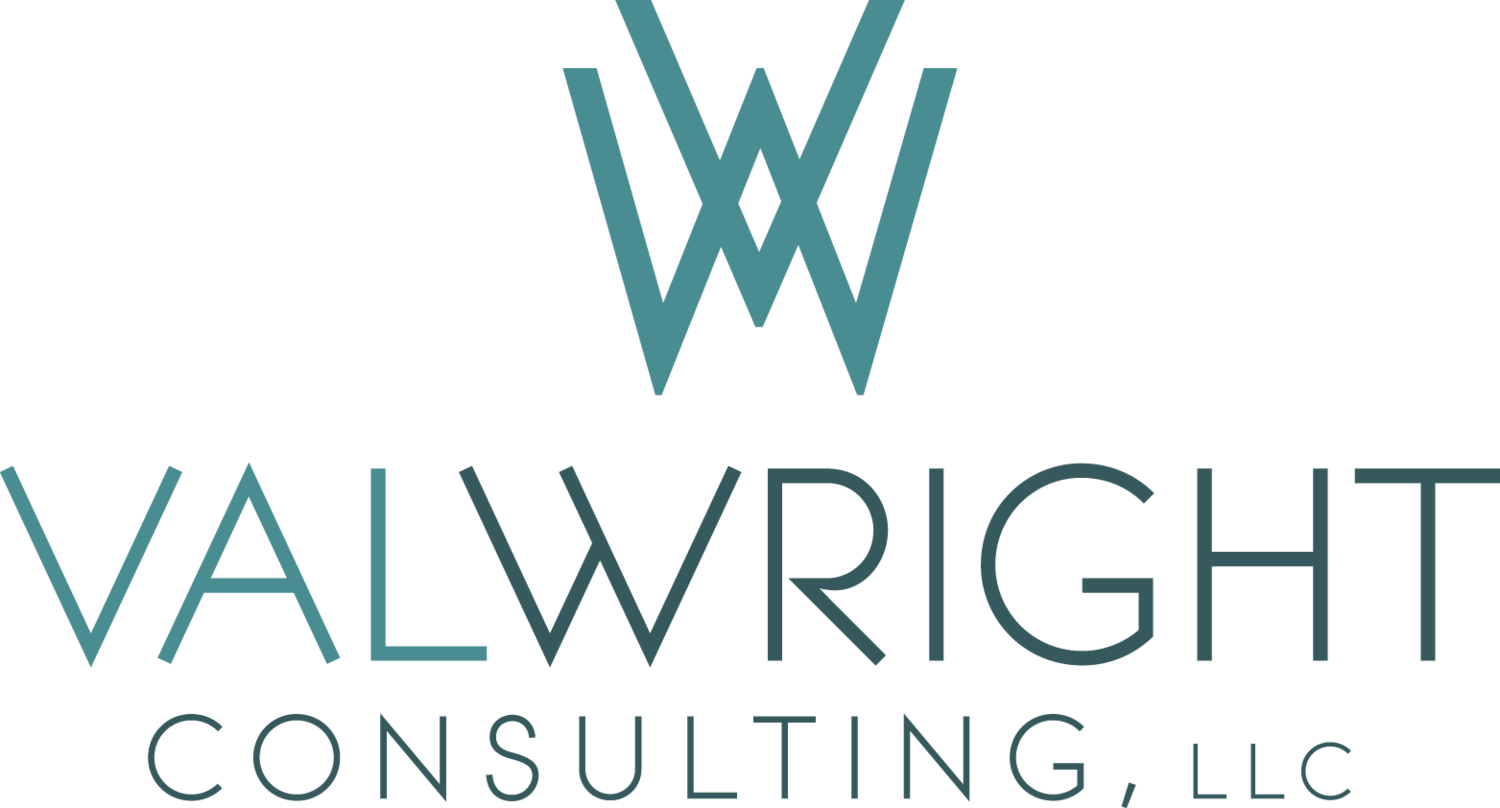Only one in 10 people knows just how amazing they are and can talk about it clearly and concisely.
Mark Cuban is one. You only have to watch him when he enters a bidding war on Shark Tank, confidently telling the spotlighted entrepreneur that he is the only one who can help with that person's business because of his knowledge of technology, or that his past accomplishments in their industry will catapult their success. It is no surprise he has invested the most money, closed the most deals, and experienced the most success (with 27 of the 28 companies doing well).
For many, it doesn't come naturally to talk about what you are great at, but anyone who can't is likely missing out. In my prior corporate life I interviewed and promoted many executives for creative, technical, and leadership roles at Microsoft, Amazon, and BMW. I met thousands of brilliant people, but those who stood out were those who were brilliant at demonstrating their brilliance.
Before you start thinking about how you can be as bold as Cuban, first you have to know who you are and what you want to be known for.
Here are four ways to discover how amazing you are:
Describe in one sentence why you are unique.
Pick three distinct traits that set you apart from your peers.
List your five proudest accomplishments.
Record 10 of the sound bites you are known for.
I’ve asked thousands of executives the above four questions and it does not come easily for many, but the results are worth it.
Last week on stage during my keynote talk, I asked 600 CEOs and executives at Ingram Micro’s Trust X Alliance to share one of their proudest business achievements with their fellow executives. The room exploded with animated story telling, though many admitted afterwards it didn't come with comfort or ease.
The full set of answers usually require some thought and reflection. Take some time with this exercise; you may even have to ask others for feedback, especially on the sound bites you are known for. This becomes the Thoughtfully Ruthless Leadership Voice that you want to be recognized for; once you've created it, you can determine how to portray it to those around you.
If you don't know the unique value you have to offer, how will you represent it to others, and how will people remember you? Once you do know your unique value, you can determine how much of this shows up in what you say and where you play.
I’d love to hear your 1,3,5, and 10 above - the first 10 to reply I’ll give you personalized feedback on how to use it for maximum impact.
I’m going to be in London June 18-20, do you know someone I should meet? - I love introductions.
Dedicated to growing your business,
Val
P.S. I hope you enjoyed this week's VAL-uable Insights, sign up here to get them in your inbox each Monday morning: http://valwrightconsulting.com/newsletter-sign-up/

